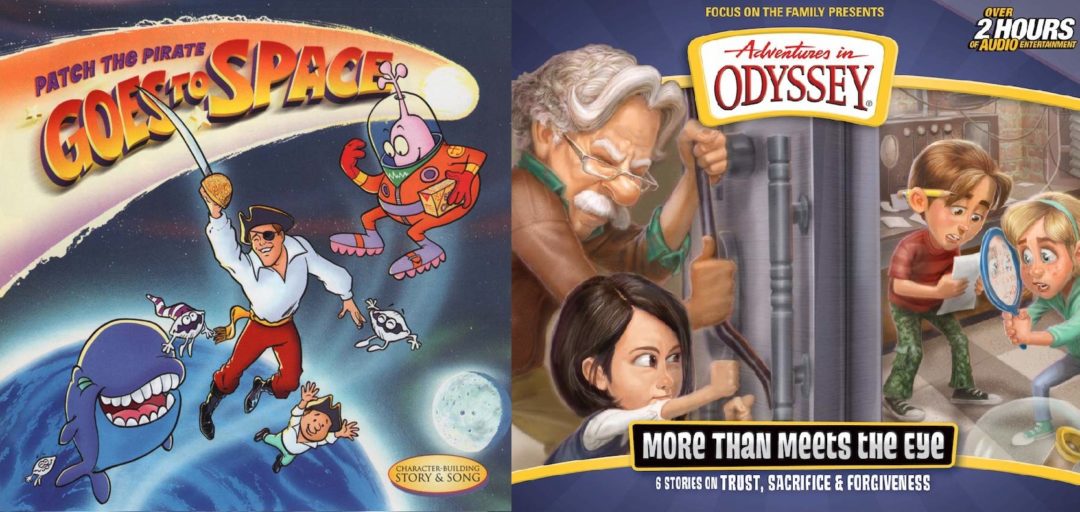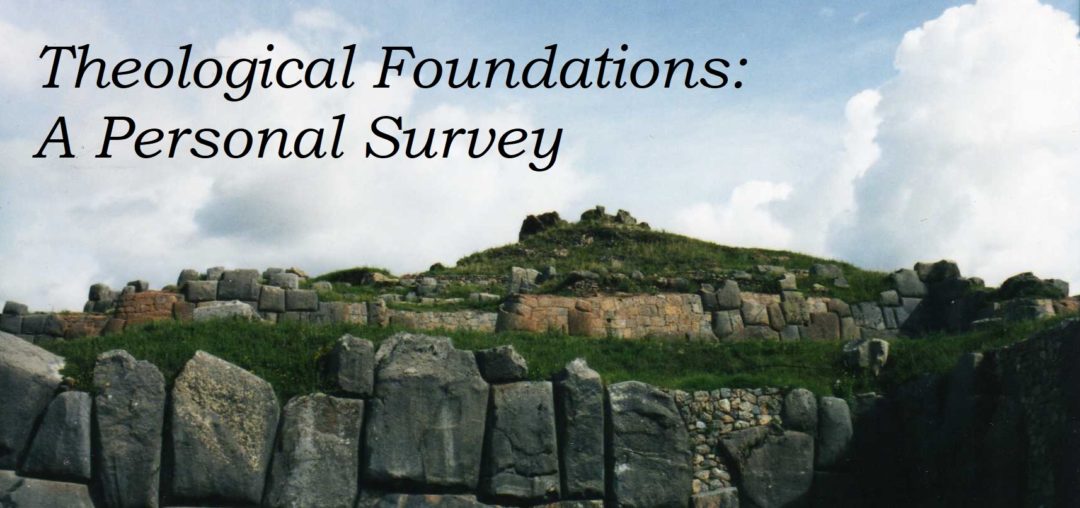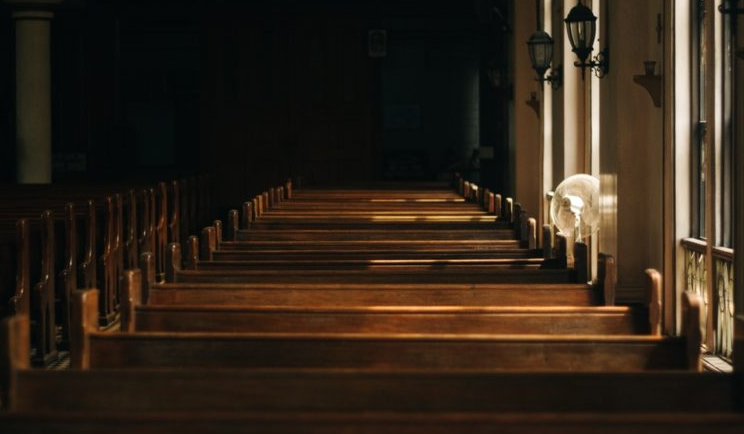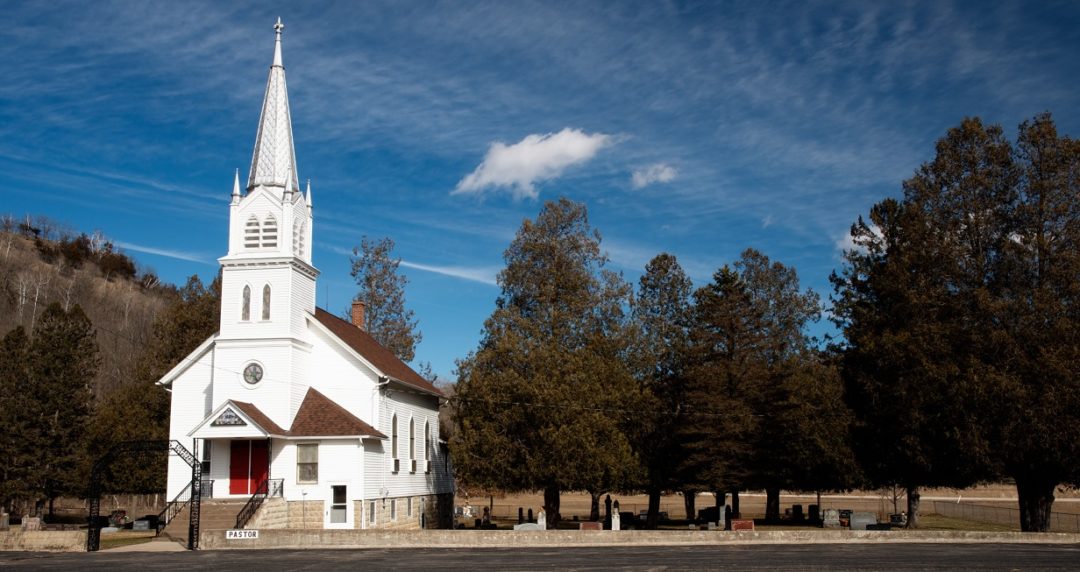| Part One: Public Theology |
I no longer believe that Christianity is the only “correct” religion– in fact, I do not believe that any religion can be “correct,” and I find the entire enterprise of “proving” a religion, or of thinking about religions as “real” or “not real” (in an empirical sense) or “factual” to be ridiculous nonsense that entirely misses the point. I am a spiritual person because, for myself, the world and my experiences in it are more coherent with a spiritual component. I hold this spirituality loosely, but it’s still significant to me in how I interact with others and understand myself. This point of view often leads people to ask me the question “why are you still a Christian, then?”
The short answer: the Incarnation.
There are lots of other reasons why I’m a Christian — it’s the religion of my family, my culture, my personal background, and to be honest those factors are probably the real reason why. Christianity is familiar and comfortable. However, I have spent some time studying other faith traditions and have given serious, prolonged thought to converting to Judaism in particular. However, I keep deciding to remain a Christian because the Incarnation is unique to Christianity (at least as far as I know, please feel free to point me to other examples) and it holds remarkable power for me as a concept. God became flesh, and dwelt among us, and we beheld his glory continues to capture my theological imagination in a way that no other religious doctrine does. I listen to Casting Crowns “God is With Us” every Christmas and every year I start crying when I sing God is in us, God is for us, God is with us, Emmanuel.
I should make clear that the emphasis I’m placing on the Incarnation doesn’t align very well with what emergent theologians call “incarnational theology,” and that my conceptualization of the Incarnation is still pretty traditional, surprisingly– hypostatic union, Athanasian, Chalcedonian, etc. However, I do believe that when it comes to Christianity, the Incarnation is the most consequential event and my faith practice is almost completely oriented around it.
What the Incarnation teaches me is how much our lived experiences matter. God was born to a first century Palestinian Jewish mother, grew up under Roman occupation, trained as a carpenter, most likely worked as a day laborer, and ultimately became a political and religious revolutionary* in that specific context. The experiences of his daily life are important to understanding who he was and the actions he took; the political realities are critical to understanding many of the situations he found himself in (does the story of Zacchaeus make any sense if you don’t know anything about how tax collectors were consistently despised as collaborators with Roman oppression?); as are the socioeconomic and gender dynamics (see: the Woman at the Well and the Syrophoenician Woman).
God entered into our experience in the person, time and place of Jesus of Nazareth. Understanding this “God with sandals on” means giving our attention to the concrete and incredibly specific story of his life. We do not understand Jesus if we do not understand his Jewishness. We do not understand Jesus if we do not understand the economic and class realities of the people he was teaching. We do not understand Jesus if we do not pay attention to the places he traveled and what it meant to live there– an economy based on pig farming might be seriously damaged by two thousand pigs being drowned, so why would he do that? What’s the point? We do not understand Jesus if we do not understand his people’s cultural traditions — like weddings (Water into Wine), or feasts (Feeding the 500), or funerals (Raising Lazarus from the Dead).
The Incarnation is also important because of what it tells me about Story. Jesus came to earth, told us stories for three years, and then left. His ministry, as remembered by the people he taught, was primarily ordered around the stories he told and the story of his life he gave them. “Humans are hermeneutical,” as my hermeneutics professor at seminary liked to say– meaning that our lives are rooted in stories and interpretation. We have stories about ourselves, and those stories define who we are. We tell stories about ourselves and listen to stories about others in order to forge connections. We constantly create stories to make meaning, to teach, to pass on knowledge, or to think through complicated ideas or problems.
I’ve often heard the criticism that Jesus’ earthly ministry was largely a waste because he didn’t explain himself enough. To a lot of people, it was absurd and harmful that he kicked off this entire Christian religion thing without giving us enough guidelines or rules– things like “when you think Crusades are a good idea … how about you just don’t?” or “concentration camps are BAD y’all.” He left everything completely up to interpretation– and he didn’t even write any of it down himself! This has not gone well for the world for the last two thousand years, with a handful of notable exceptions. To an extent, I understand the criticism. I am often frustrated by how easy it is for Christians to dismiss Jesus’ life and ministry in favor of (what appears to be, but aren’t) all the “clear cut rules” we find in the Pauline epistles.
What I do know, though, is that if Jesus had left us with anything else except these extremely compelling, human, poetic stories that it would not have worked. Without communicating truths through story, we never would have gotten his ideas in the first place, let alone remembered them. There’s a reason why no one writes morality plays anymore, conservative Christian media sucks, and fables with morals at the end are considered teaching tools for small children. We generally despise it all as demagoguery and propaganda– and we’re right.
The stories Jesus gave us were also not so broad in an attempt that they be “universal,” either. They often began with things like “there was a certain rich man,” or were oriented around concrete elements of daily life– pulling up genuine wheat in an attempt to get rid of the weeds, or losing coins and sweeping your entire house from top to bottom to find it, or building more barns for all your stuff, or travelers on a road all the locals knew about from Jerusalem to Jericho. He encountered women at wells and told them “everything she ever did.” His stories were rooted in lived experience, and took their lived experiences seriously.**
***
So how do those two ideas about the Incarnation apply to my life? How are they the foundation for my work, for any attempt I might want to make at social transformation?
One way is easily summed up in the common activist phrase “nothing about us without us.” It is critically important that any kind of change is generated by the community it would most affect– both for the obvious reason that those who have the most at stake should have the loudest voice, and for the less-obvious but still intuitive, practical reason that changes created on the “outside” and then forced on them won’t work.
I have seen this over and over again as a policy advocate with the Coalition for Responsible Home Education– in one state a few years ago, legislators heard a horrifying story about a child who was tortured and eventually murdered by his caregivers, and they exploited the homeschooling statute in order to do it. In response, a few compassionate legislators proposed a solution … that would have made everything worse. They wanted to do the right thing and protect children from torture and murder, but they didn’t talk to anyone who had grown up homeschooled– if they had spoken with CRHE, we would have been able to immediately tell them about the consequences their bill would have in reality, in real homeschooled childrens’ lives. I’m also empowered by my lived experiences to propose ideas that legislators couldn’t think of on their own– real changes that would actually have helped me and any child in my situation.
Jesus’ lived experiences are critical to understanding his ministry, and the lived experiences of vulnerable, marginalized, and abused people are critical to understanding what can be done to “liberate the oppressed, and set the captive free.” Because I value the Incarnation, I have taken the time to really delve into the complexities and nuances of identity, gender, class, power, political movements, and personality that informed Jesus’s life– and I believe that the Incarnation teaches me to take the same exact amount of care learning from and listening to people that live and breathe today. Jesus became flesh and dwelt among us for a reason, and I believe part of that reason was to teach us to pay attention to the details … because God did.
The second thing I’ve learned from studying the Incarnation is the power of Story. Stories can be True in a sense that nothing else can capture, they can be felt like no spreadsheet or table ever could, and no lecture or screed could ever hope to inspire or motivate as much as a story … but only as long as they are grounded in the particular, rooted in the concrete, and viscerally relatable.
It’s my responsibility to tell stories carefully and respectfully, with just as much care and respect as I’d give to any of Jesus’ parables. I can’t manipulate stories to suit me, or only look for data that supports me; doing so would undercut any change I’m trying to make.
Telling stories is my life. I have made sense of the horror and tragedy of my life through shaping and crafting narratives– sometimes those stories have served me well, sometimes I’ve needed to start telling myself a different story. I tell my story every time I write in order to build relationships, to learn to love myself and others, as well as try to show others how they might be able to do the same. I tell my story to politicians and leaders in order to convince them to take action.
The Incarnation shows me every day how stories can change the world.
***
*for more reading on this subject, Zealot: The Life and Times of Jesus of Nazareth, Jesus: The Life, Teachings and Relevance of a Religious Revolutionary, and Jesus of Nazareth: King of the Jews are excellent biographies of Jesus written by Reza Aslan, who is Islamic, Marcus Borg, who is Christian, and Paula Frederickson who converted to Judaism, but grew up Catholic.
**a truly wonderful resource on Jesus’ storytelling is Short Stories by Jesus: The Enigmatic Parables of a Controversial Rabbi by Amy-Jill Levine, a Jewish scholar.







